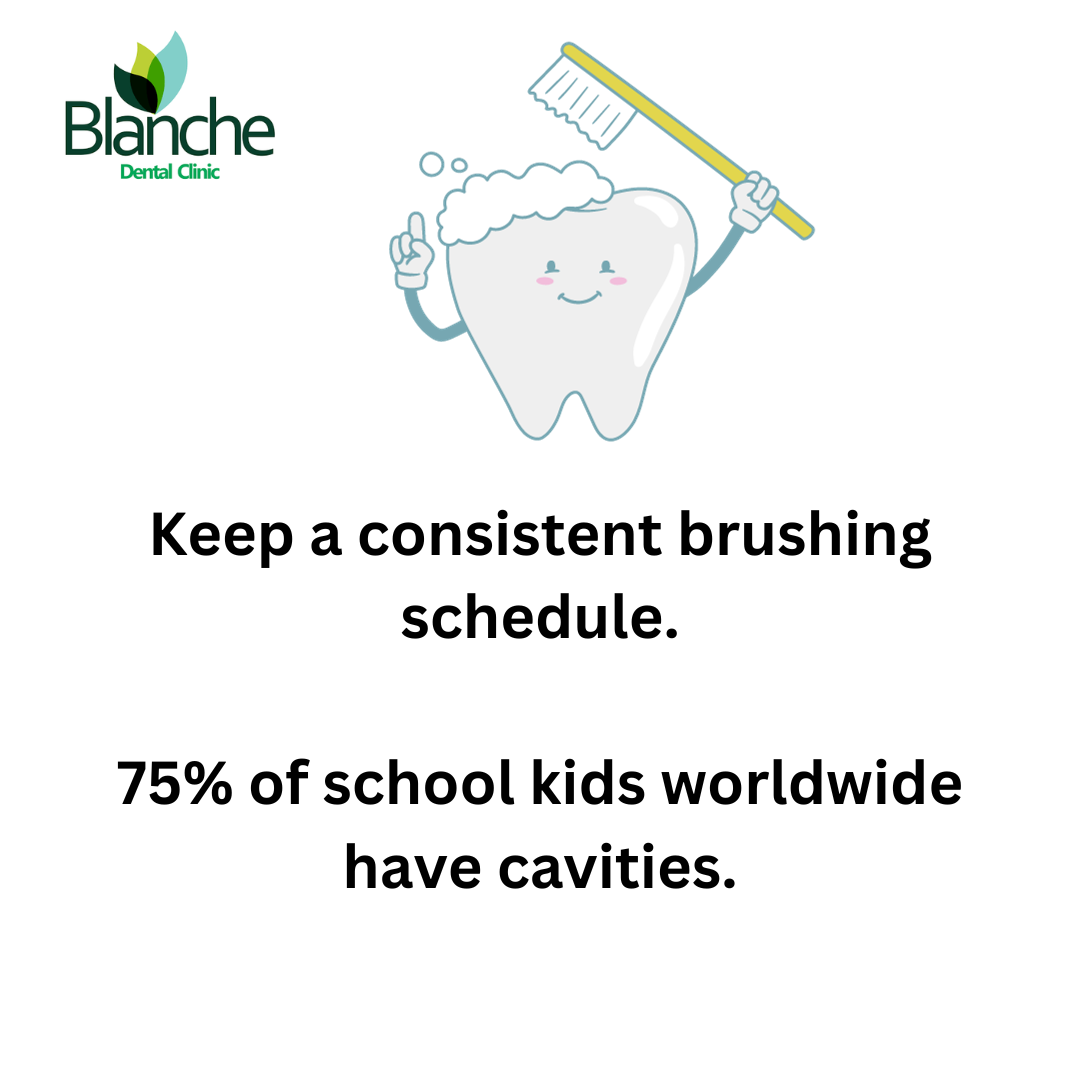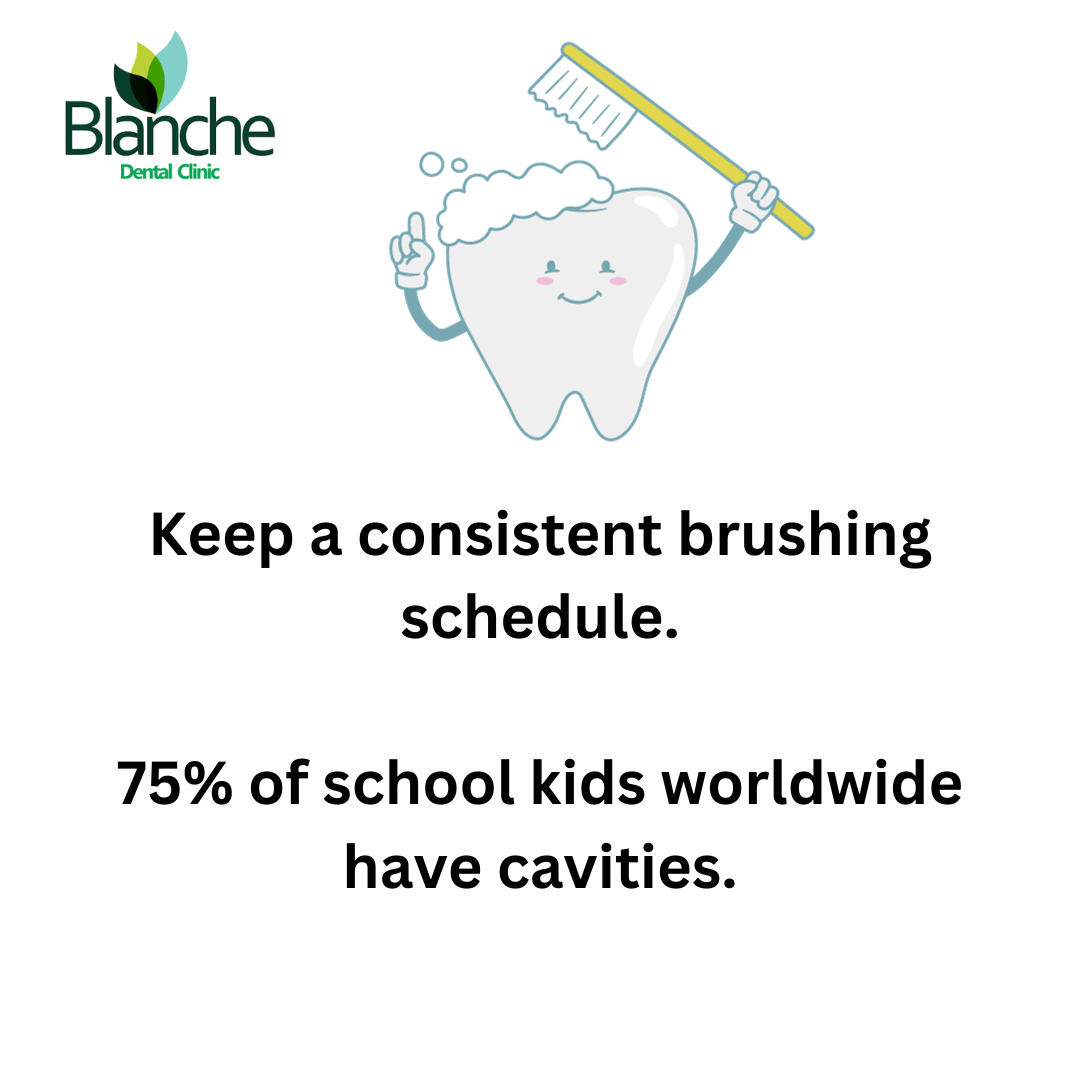The Importance of Teeth Whitening

What is Professional Teeth Whitening? If you're unhappy with the color of your teeth, professional teeth whitening may be a good option for you. Teeth whitening is a popular cosmetics dental procedure that can make your teeth look brighter and whiter. There are two main types of professional teeth whitening: in-office teeth whitening and at-home teeth whitening. In-office teeth whitening is done by a dentist and usually takes one visit. At-home teeth whitening is done by the patient at home and usually takes multiple sessions over a period of time. Professional teeth whitening can provide many benefits, including making your smile look more attractive and boosting your self-confidence. Professional teeth whitening can also help remove deep stains that regular brushing cannot remove. If you're considering professional teeth whitening, it's important to talk to your dentist about what type of treatment would be best for you and whether you have any underlying dental conditi...



